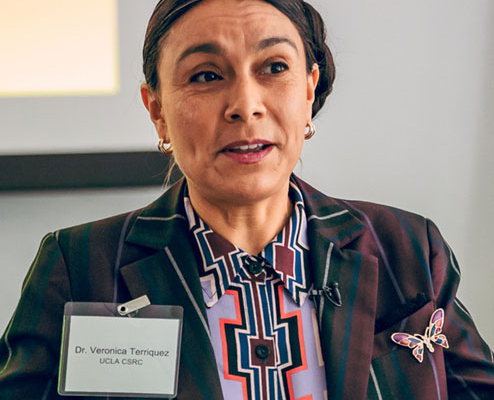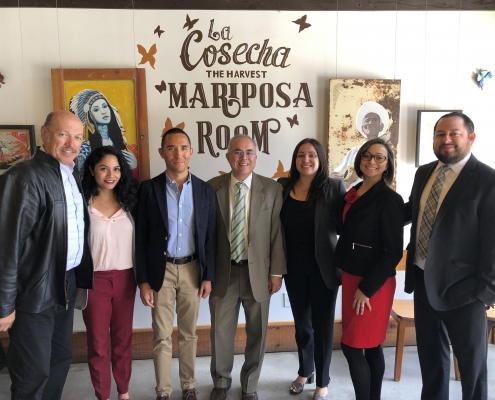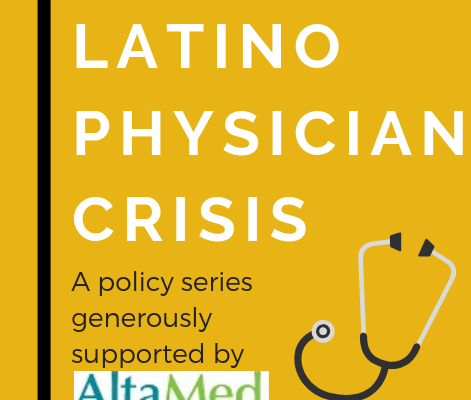Posts

UCLA LPPI Hosts 4th Annual Policy Briefing
UCLA LPPI Hosts 4th Annual Policy Briefing
By Cesar Montoya Since…

Informing Policy in Real Time: UCLA LPPI in Sacramento
By Celina Avalos and Sonja Diaz On May 20, 2019, the UCLA…

UCLA LPPI Study Identifies Barriers Latino Students Face When Pursuing a Medical Career in California
UCLA Latino Policy and Politics Initiative study finds…

